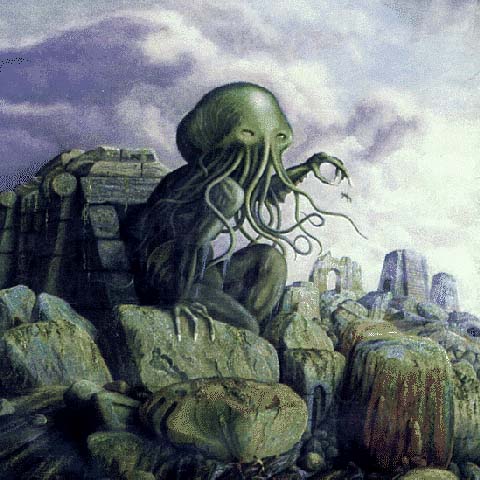
bardic grimoary & notions

"In yoga class today I finally understood what my teacher has been trying to show me. There are gaps between thoughts. If you allow the gaps to become longer, the curtainof thoughts - tinkling like rows of beads - parts and you are deep inside of consciousnessitself, deep inside silence." --Th* J*tty
Going up. (tip via M*xp*rim*ntal)